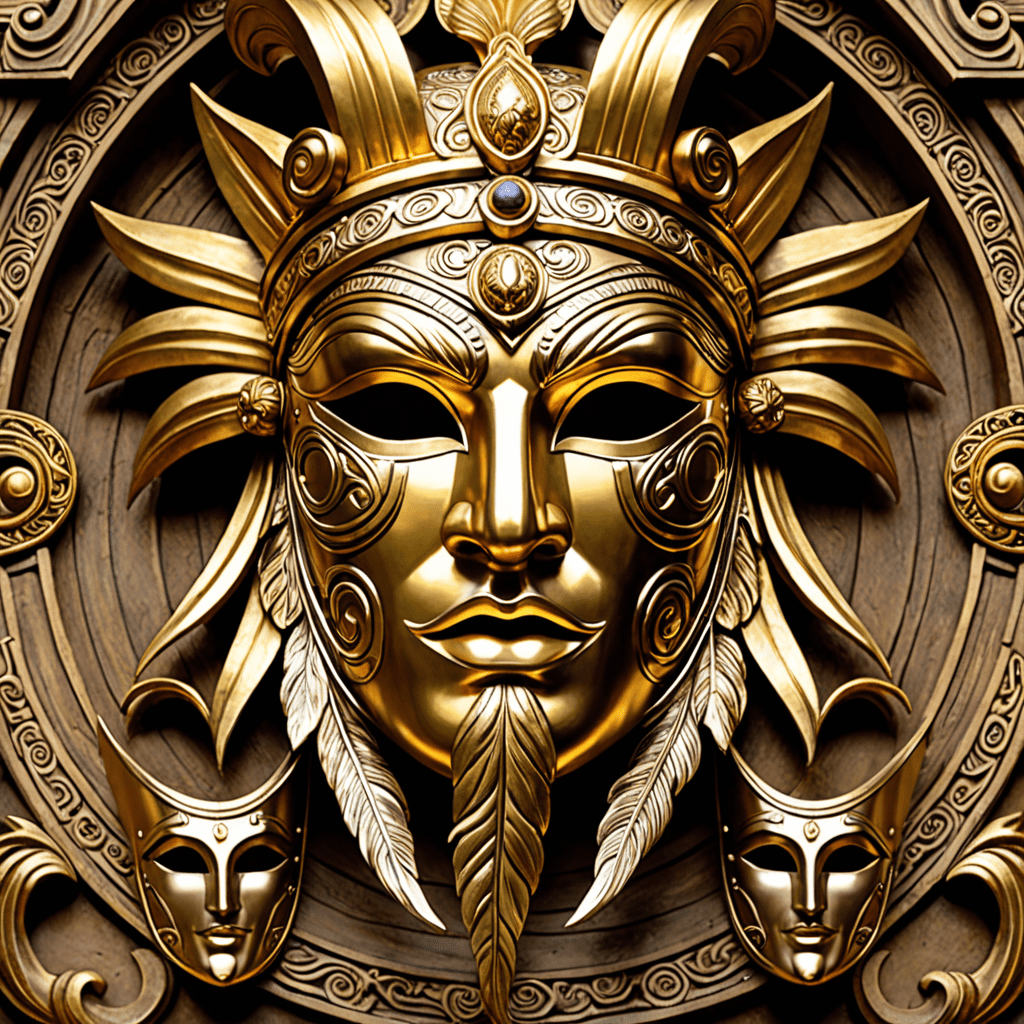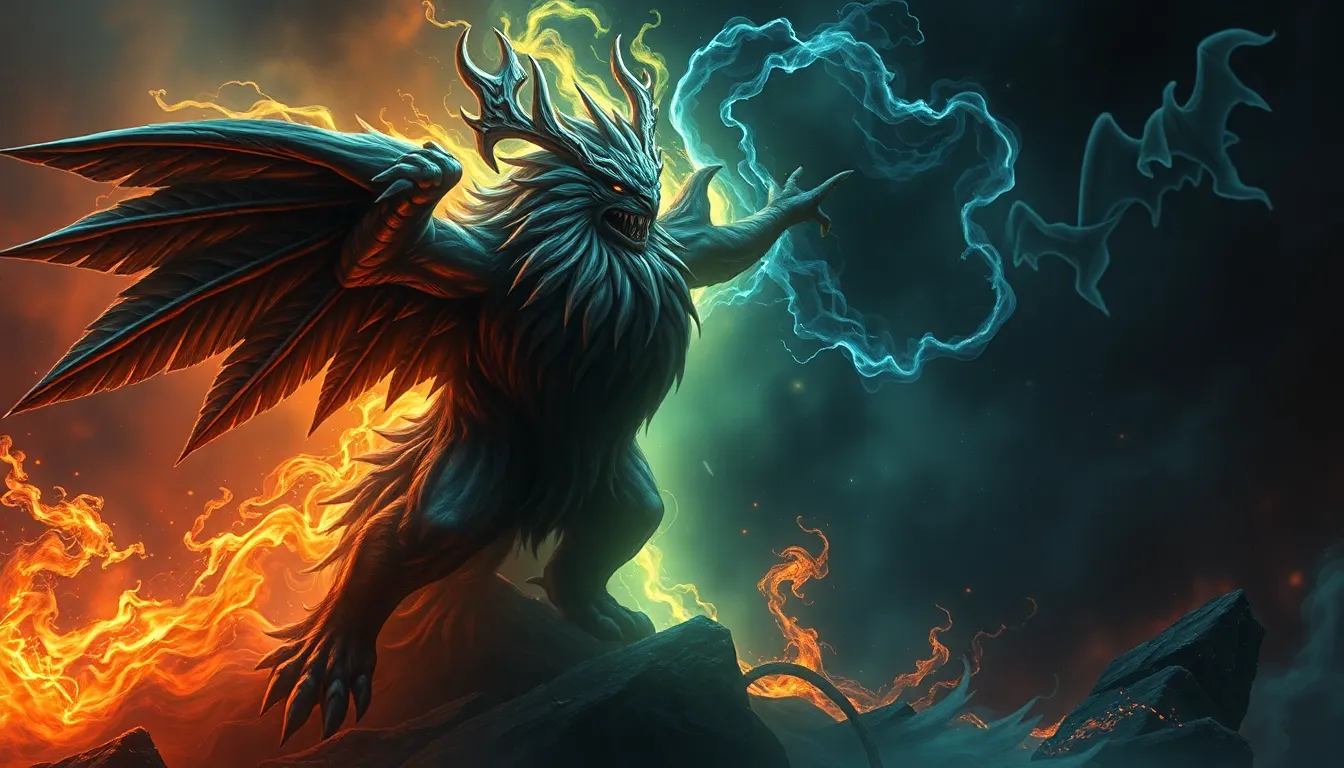The Symbolism of Masks in Greek Mythology
In Greek mythology, masks hold rich symbolism and play intriguing roles in various tales. Let’s delve into the significance of masks in this ancient mythology.
The Origins of Masks in Greek Mythology
In Greek culture, masks were not only theatrical props but also powerful symbols with deep-rooted meanings. The use of masks dates back to ancient Greek rituals and festivals, where they were worn for religious ceremonies, dramatic performances, and to represent different gods and creatures.
The Symbolism of Masks in Greek Mythological Characters
Within Greek mythology, masks often represented the duality of nature. For example, the god Dionysus, associated with wine and ecstasy, wore a mask symbolizing revelry and chaotic abandon, reflecting the unpredictable aspects of his character. In contrast, the goddess Athena, known for wisdom and strategy, wore a mask representing intellect and prudent judgment.
The Transformational Power of Masks in Greek Mythology
Masks in Greek mythology held the transformative power to conceal one’s true identity, enabling characters to take on different personas and accomplish tasks or deceive others. The tales of gods and heroes using masks to manipulate events or interact with mortals highlight this symbolic aspect of masks in ancient Greek culture.
The Psychological Significance of Masks in Greek Mythology
Beyond their literal representation, masks in Greek mythology also delve into psychological themes. The concept of hiding behind a mask to conceal true emotions or intentions can be seen in stories where characters resort to disguise to achieve their goals or protect themselves from harm.
FAQ – The Symbolism of Masks in Greek Mythology
What is the significance of masks in Greek mythology?
Masks in Greek mythology symbolize various concepts such as transformation, deception, protection, and the dual nature of beings. They often represent the ability to conceal one’s true identity or to embody different personas.
Which Greek gods or figures are associated with masks?
The Greek god Dionysus, known as the god of wine and revelry, is often depicted wearing a mask, emphasizing the connection between masks and theatrical performances in ancient Greek culture. Moreover, the goddess Hecate, associated with magic and crossroads, is sometimes portrayed wearing a mask to represent her enigmatic nature.
How are masks used in Greek mythology?
In Greek mythology, masks are frequently utilized in rituals, ceremonies, and theatrical performances to represent different characters or to convey specific emotions. They act as a tool for individuals to embody other beings or to connect with divine entities.
What do masks symbolize in the context of Greek tragedies?
In Greek tragedies, masks serve to amplify the emotions and expressions of the actors, allowing them to portray various characters convincingly. Additionally, masks in these performances signify the boundary between the mortal world and the realm of gods and mythical beings.



